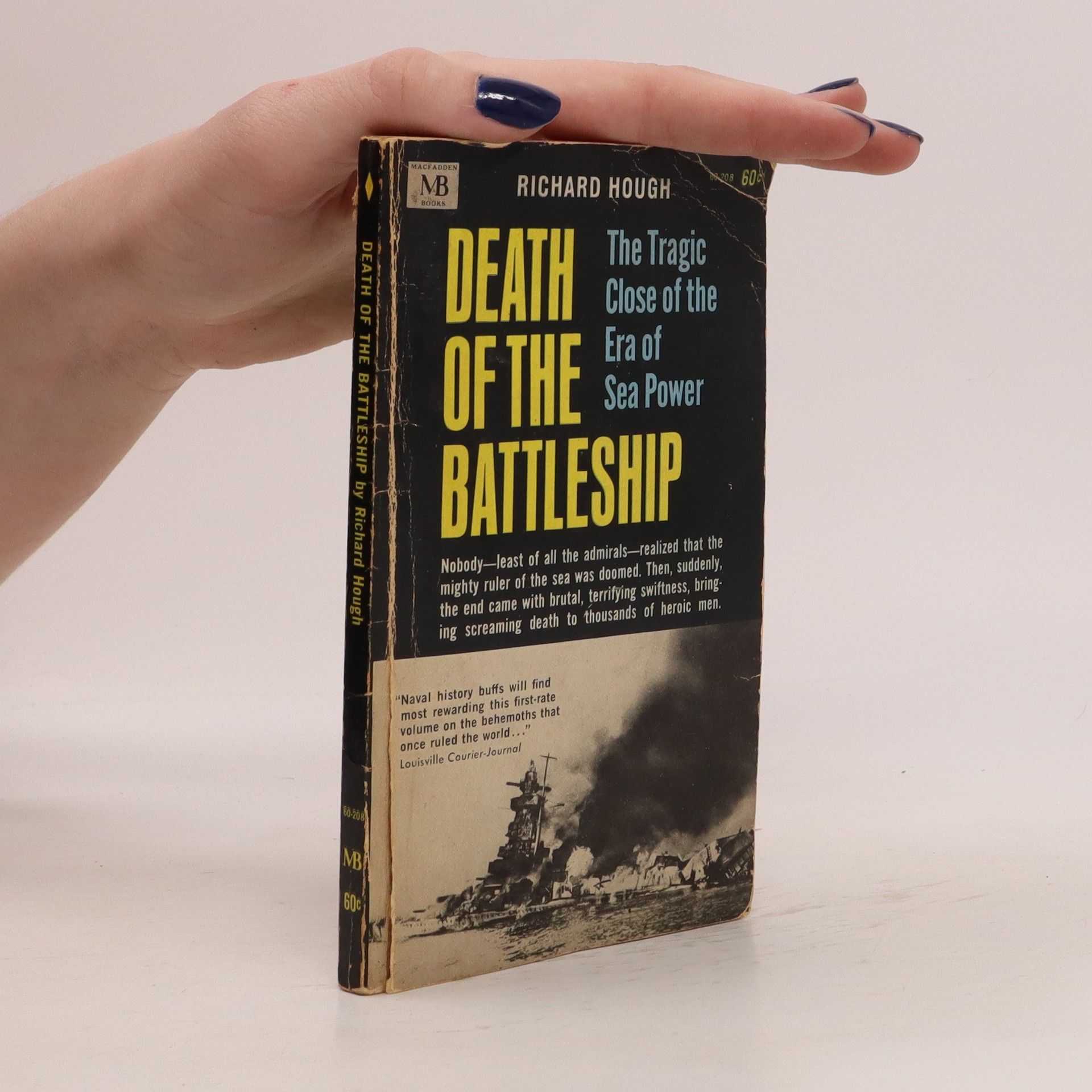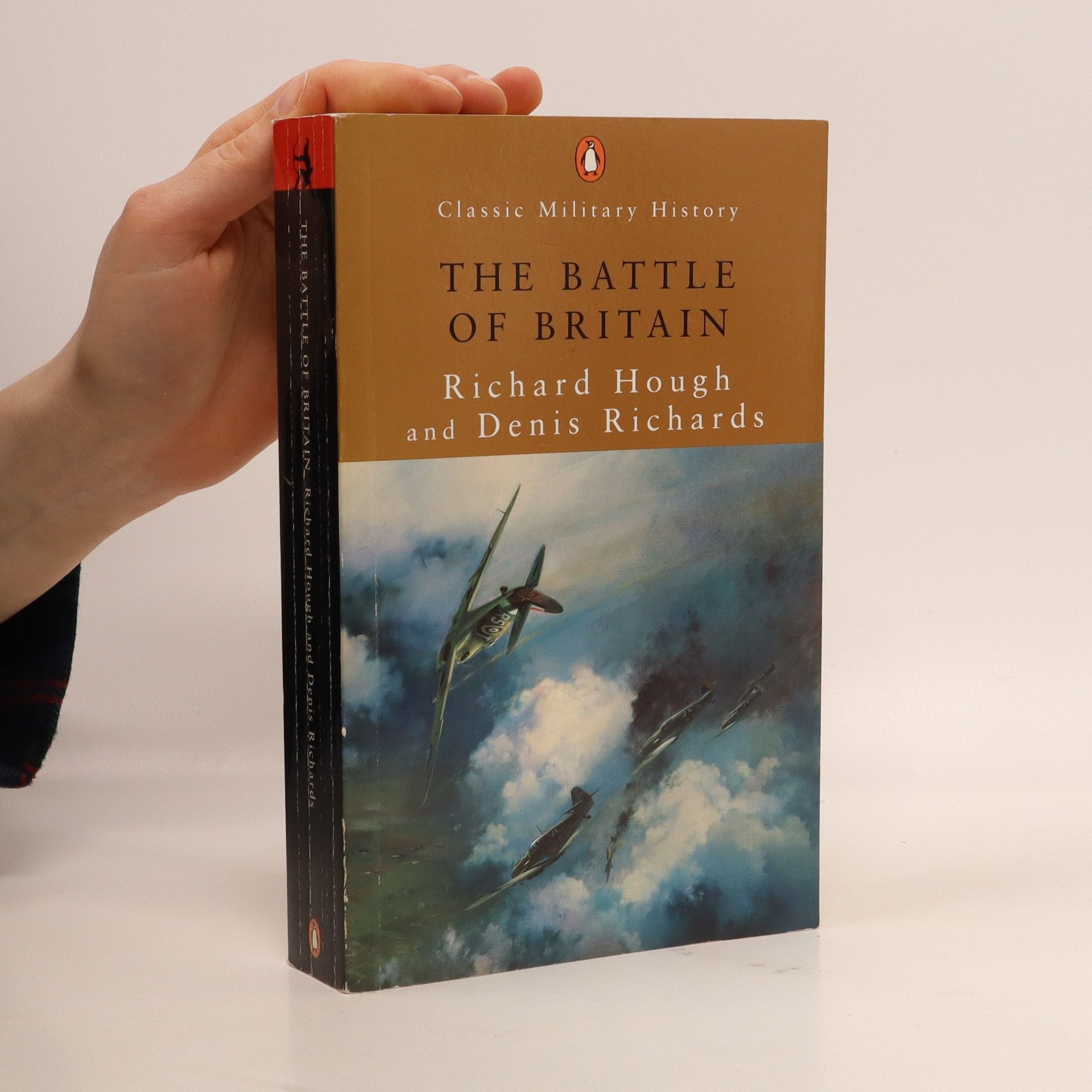In every theater and across every ocean, World War Two's naval battles raged ceaselessly. For those who served shipboard, danger lurked 24 hours a day from increasingly lethal weapons borne by planes in the skies above and other boats and subs in the water. More than at any other time in history, a sailor could never let down his guard, and his endurance was constantly tested by danger. Through a brilliant mixture of narrative history and personal accounts--collected over almost 30 years of interviewing combatants from both sides--a very powerful, human story emerges of the danger, elation, and miseries of six years of "the longest battle" in the war.
Richard Hough Books
This author delved into the depths of naval history, his work fueled by a lifelong obsession with navies. His writing is characterized by meticulous research and compelling narrative, bringing to life past maritime battles and figures. Through his extensive body of published work, he offers readers vivid portrayals of pivotal naval conflicts and the significant individuals who shaped them.
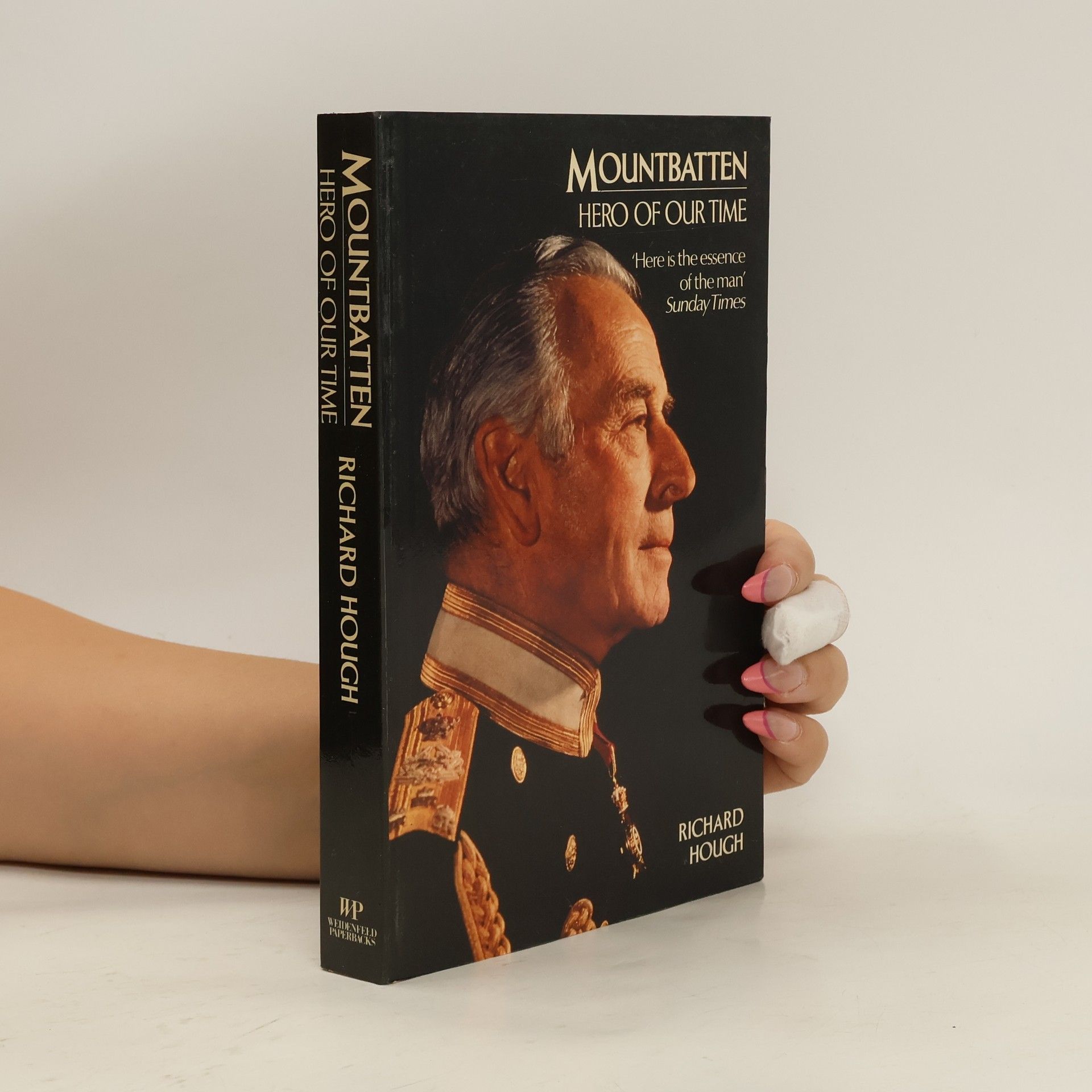
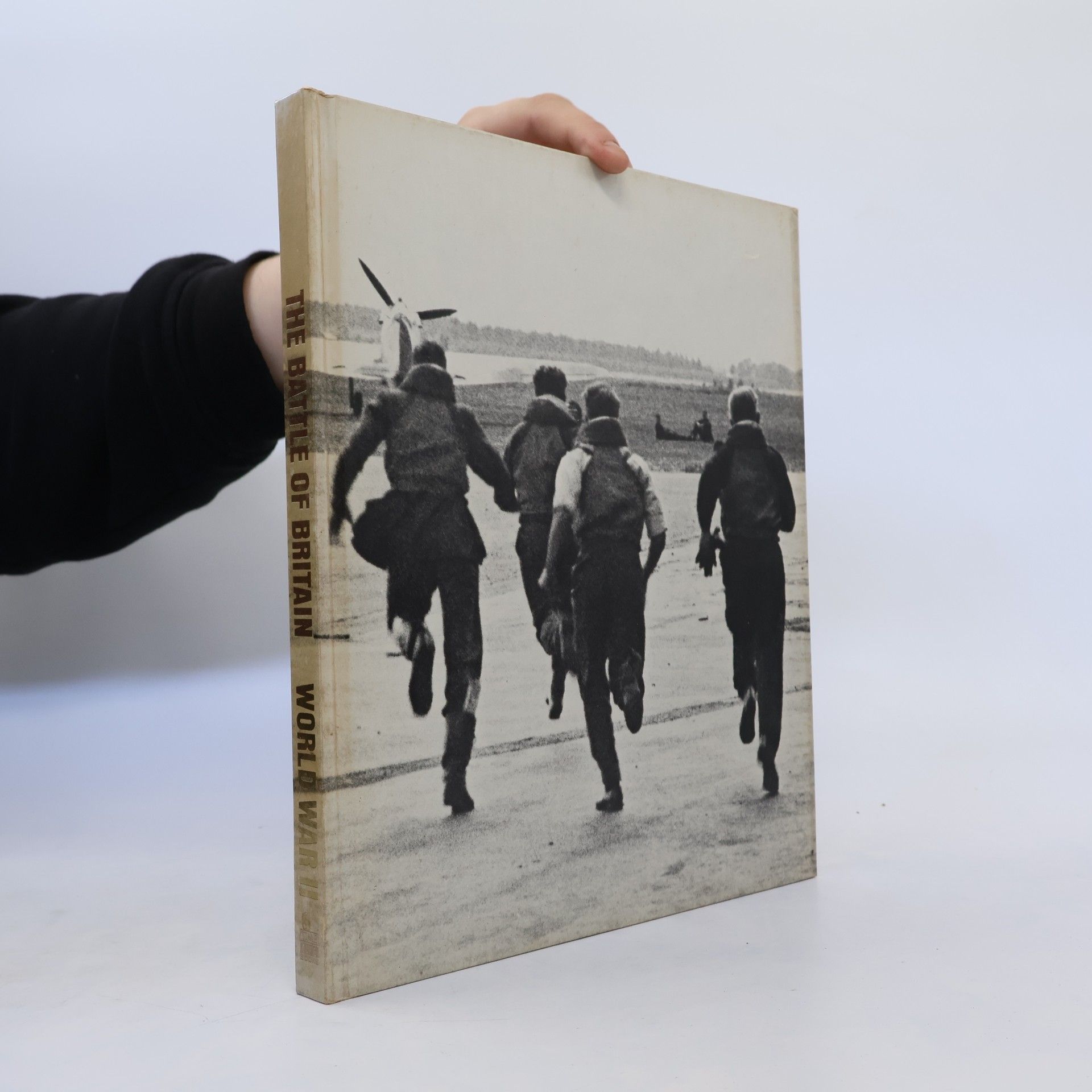

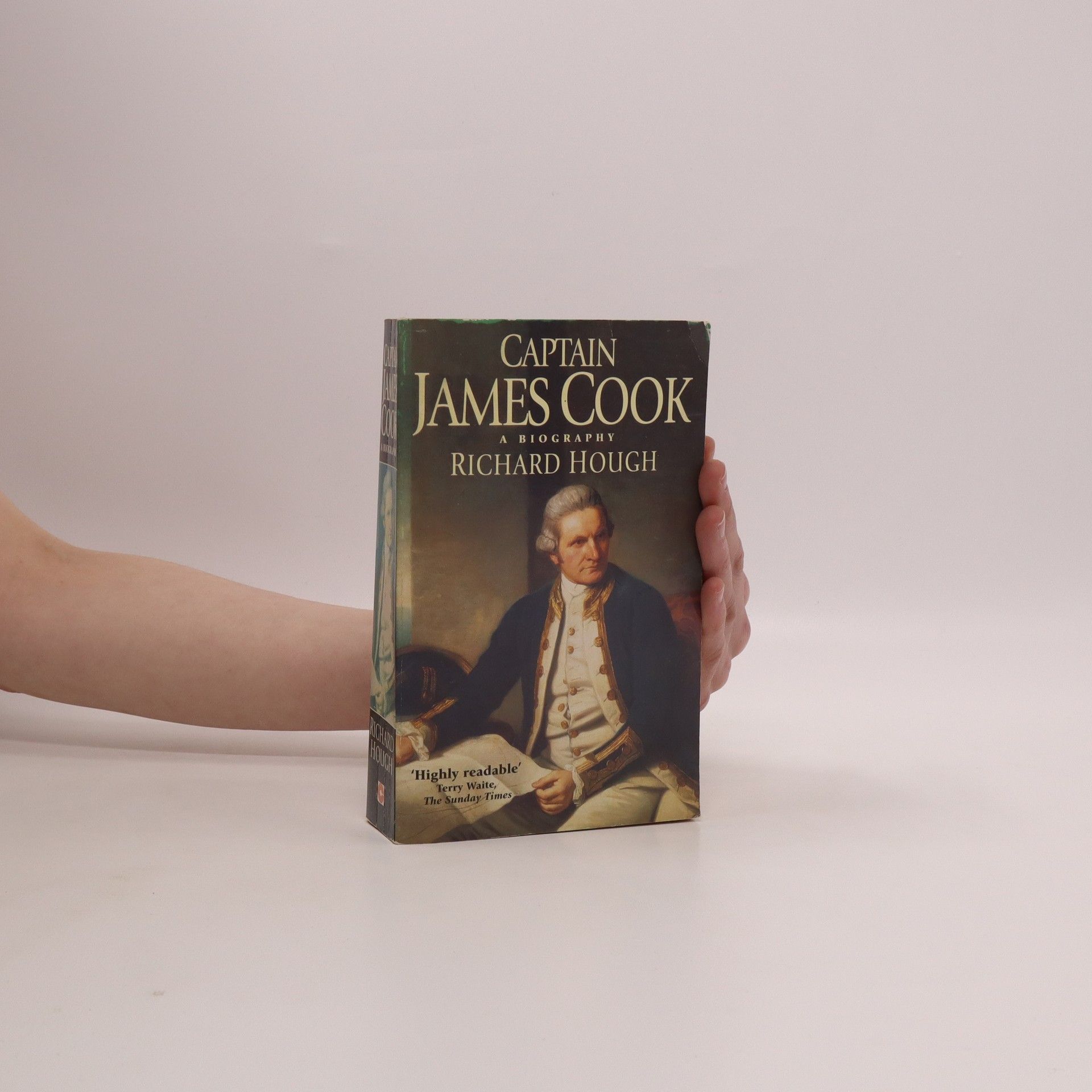
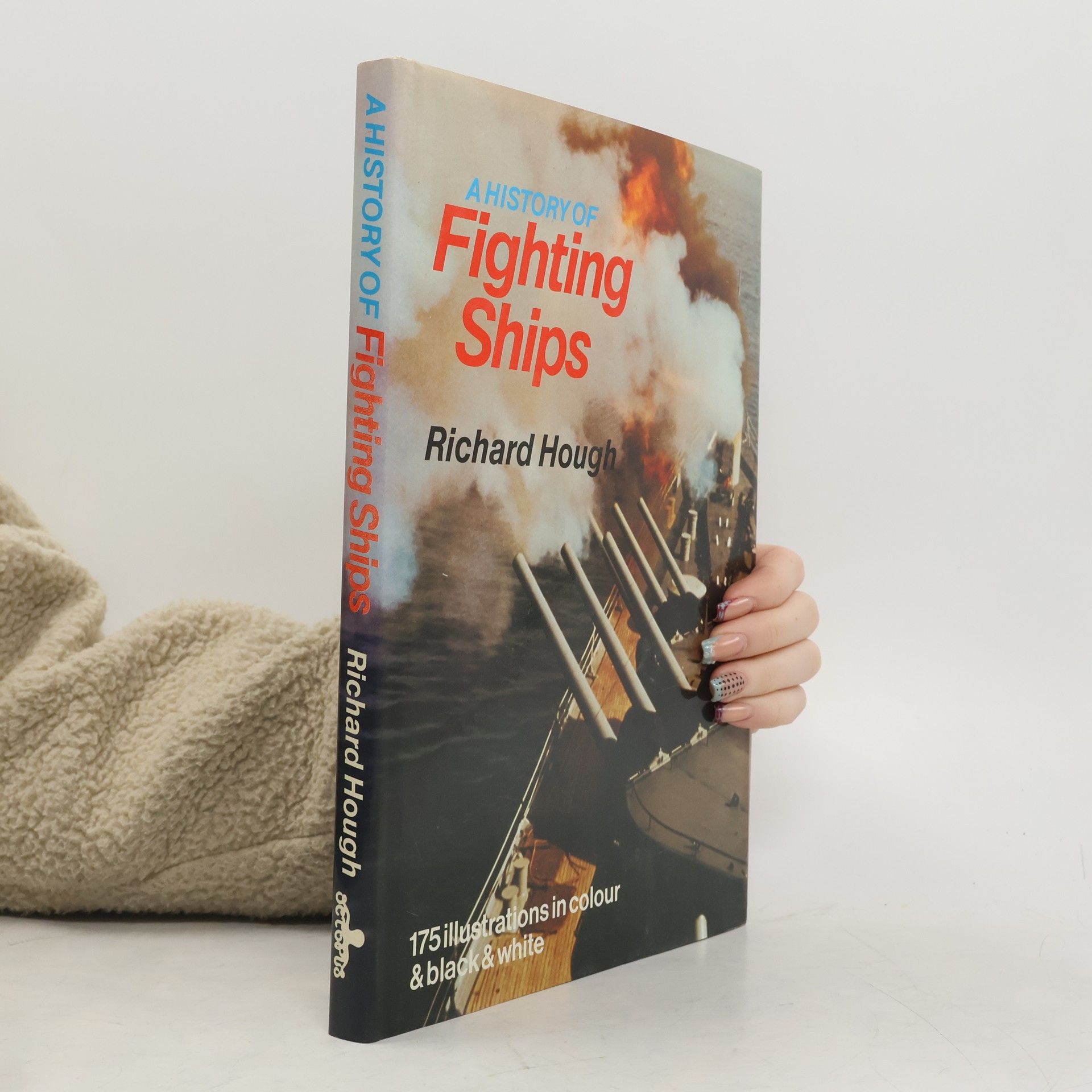

Includes ships from the Nile craft of 3000 B.C. to the modern American aircraft carrier. Emphasizes that the fighting ship has always been not merely a weapon of war but a beautiful and intensely personal creation, possessing a supreme combination of functional and decorative qualities.
Captain James Cook: A biography
- 492 pages
- 18 hours of reading
This is an exciting and highly readable biography of James Cook, the last and greatest of the romantic navigators. It is full of new insights and interpretations of one of the world's greatest mariners.
Battleship
- 320 pages
- 12 hours of reading
Intro -- Battleship -- Introduction -- Acknowledgements -- Ark Royal -- Galleon, 1587, England -- Zeven Provincien -- Galleon, 1665, Holland -- Bonhomme Richard -- Frigate, 1766, USA -- Victory -- Ship-of-the-line, 1778, Britain -- Essex -- Frigate, 1799, USA -- Monitor -- Ironclad, 1862, USA -- Mikasa -- Battleship, 1902, Japan -- Von der Tann -- Battle cruiser, 1910, Germany -- Lion -- Battle cruiser, 1912, Britain -- Warspite -- Battleship, 1915, Britain -- Java -- Light cruiser, 1925, Netherlands -- Saratoga -- Aircraft carrier, 1927, USA -- Kelly -- Destroyer, 1939, Britain -- Bismarck -- Battleship, 1941, Germany -- New Jersey -- Battleship, 1943, USA -- Some Terms Explained -- Book List -- About the Author -- Also by Richard Hough -- Copyright.
The battle of Britain : the greatest air battle of world war II
- 413 pages
- 15 hours of reading
Fifty years after the historic air battle between Germany and Great Britain, two historians collaborate to bring the battle to life again in an account of the turning point of World War II
Mountbatten
Hero of Our Time
A biography of one of this century's most famous and most colorful figures, Lord Louis Mountbatten, is told through his own words and the author's comments and details every important event and aspect of his dramatically full official and private lives
Churchill and the Navy
- 352 pages
- 13 hours of reading
The Navy almost finished the career of Britain’s greatest wartime leader. As a young minister responsible for the senior service from 1911, Churchill ruffled feathers and gave scant regard for the feelings of the admirals. When disaster struck in the First World War, it was the navy that led to his political downfall. But when he returned to power after years in the wilderness, the Royal Navy welcomed him with the cry, ‘Winston is back!’ From that point onwards, the successful pursuit of the war at sea remained his primary consideration. Within a few days of his return to the Admiralty, Churchill received a friendly overture from President Roosevelt, and there began a steady communication and friendship between the self-styled ‘Former Naval Person’ and the President of the United States, their differences subordinated in the pursuit of one shared winning the war. From a veteran naval historian comes the extraordinary and gripping story of Churchill’s stormy association with the navy and the sea, perfect for readers of Richard Overy and Jonathan Dimbleby.
The victory of the Battle of Britain ranks with Marathon and the Marne as a decisive point in history. At the end of June 1940, with Europe overrun by the Germans, the Nazi war leaders knew that RAF fighter command had to be scheduled before the invasion of Britain could take place. This is the story of the few - the young men who fought with unsurpassed courage to defeat the Luftwaffe. They came from all walks of life, including a priceless element of pilots from the commonwealth as well as vengeful young men from the occupied nations of Europe. They endured fearful losses, but their gallantry, together with that of almost superhuman efforts of the ground crews and the ordinary citizens united the British people and caused the world to marvel.
